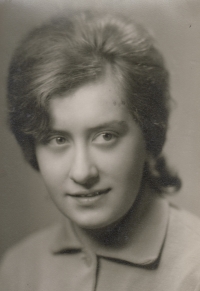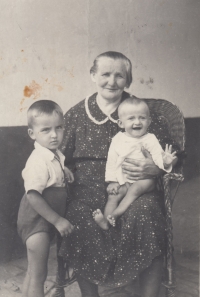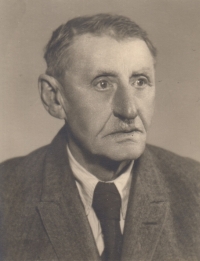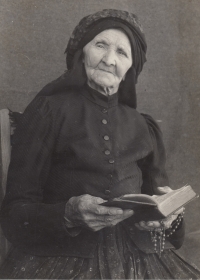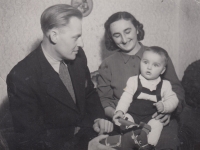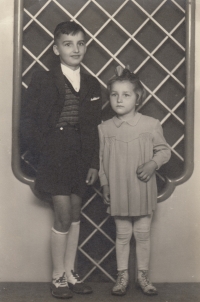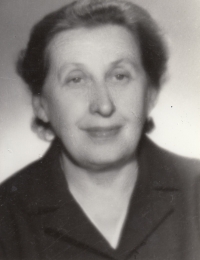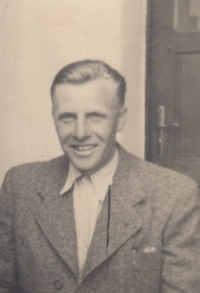They closed her uncle as a kulak
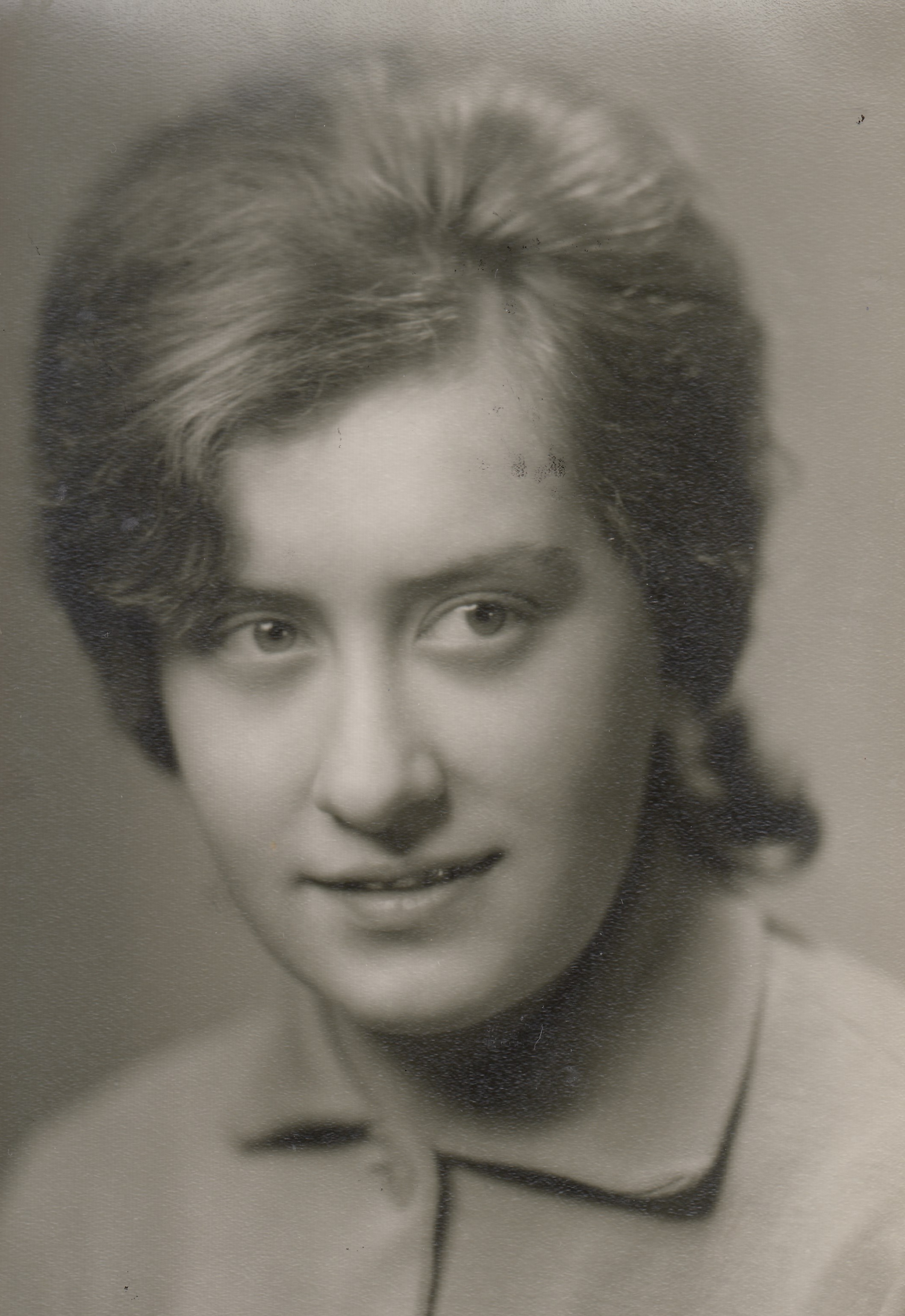
Stáhnout obrázek
Anna Antlová, née Mátlová, was born on January 21, 1946 in Brno. However, she spent a large part of her childhood with her brother Jan at her grandparents from her mother side in Kojetín na Hané. Her mother Ludmila, nee Uhrová, originally a high school teacher, engaged in collections of folk songs and dances in Haná region. Those collections were preserved mainly thanks to her care. Anna‘s father Antonín Mátl was a prominent Brno Slavist and Indo-Europeanist. As a researcher and university lecturer, he participated in the creation of the dictionary of Old Slavonic and Slavonic languages and contributed to the compilation of several Czech textbooks for high schools. Mátl‘s family and especially Anna‘s mother were deeply influenced by the fate of her brother František Uher, who lived in Kojetín and was sentenced as a kulak to five years in prison at the time of collectivization. After returning from the labor camp in Ostrov nad Ohří, he lived for five years at Mátls family in Brno, because a part of his sentence was a ban on staying in his former residence after his release. Then he returned to Kojetin and worked in the local agricultural cooperative (JZD). Thanks to a strong family relationship to the land, Anna decided to study at the University of Agriculture in Brno, which she successfully completed in 1968. For a large part of her life, she worked with her husband as a zootechnician in a state farm in Bruntál. After 1990, they together with his son began farming on their own farm.
